Planning on buying your first home? While you’ll find lots of tips from real estate agents and banks, it’s also wise to listen to people who’ve been in your position. A year after becoming a first-time homeowner, Reddit user Tuttifrutty shared some tips for prospective buyers. It’s really good advice. By Doug Murray
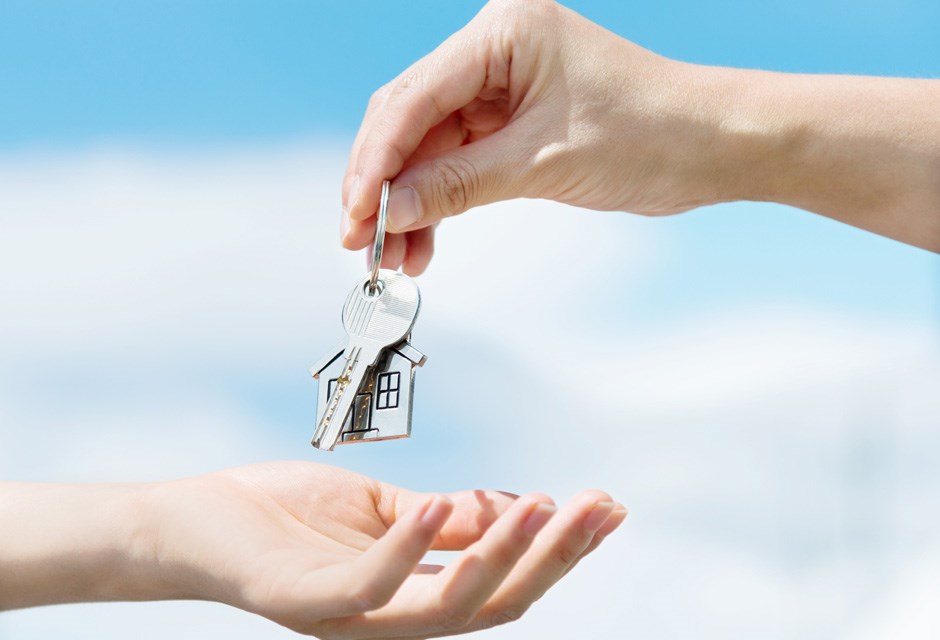
1. Be Clear About Why You Want to Buy a Home
Don’t buy a home because others tell you to. Think carefully about why you want to take the leap, since buying a home is a major commitment.

2. Make Sure You and Your Partner Are on the Same Page
If you’re planning on buying a home with your partner, it’s a good idea for each of you to sit down separately and list what you want in a home, what you don’t want and what you would be willing to compromise on. Then compare your lists and make a new wish list that would work or both of you.

3. Work out What You Can Afford
Calculate what you can afford, including the mortgage, property taxes, insurance and other add-ons. Don’t spend more than about a third of your income on owning a home.

4. Base Your Decision on the Lifestyle You Have
You shouldn’t have to change your lifestyle to live in the home you want to buy. If you don’t have the time for watering plants, for instance, it wouldn’t make sense to buy a property with a huge, high-maintenance garden.
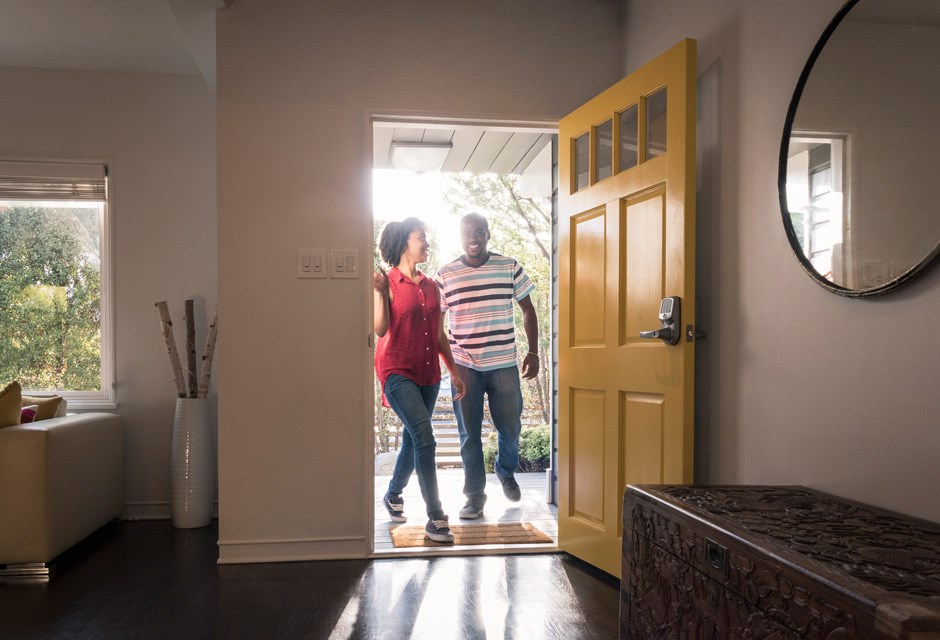
5. Buy the House That You Need Today
You don’t need to buy the biggest house you can afford. Instead, buy what would fit in with your life right now but also taking into account the near future.
For example, if you would want to start a family in the next few years, it’s wise to buy a property with an extra bedroom that you could conceivably turn into a child’s room when the time comes.

6. Don’t Go Into Debt With Family or Friends
Buy what you can afford on your income and resist the temptation to borrow from family or friends so you can buy a property that’s out of your price range. Borrowing will just add stress to your life and place a strain on your relationships with the people you’ve borrowed from.
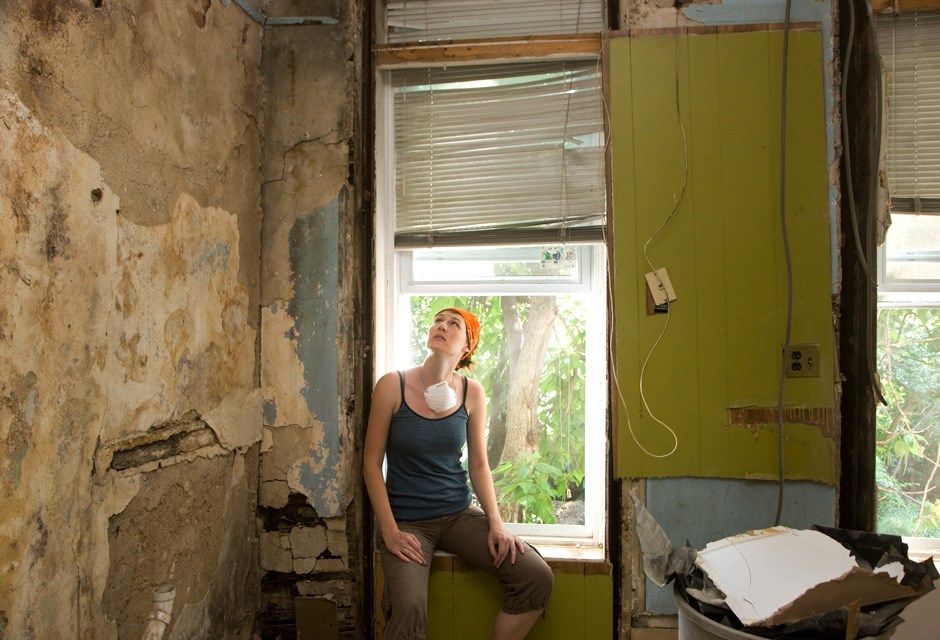
7. Know the Total Cost of Buying the Home You Want
Apart from the regular add-ons like property taxes and insurance, your home will also cost you extra in terms of repairs and upgrades. Try to buy a property that’s in good condition because repairs often cost much more than you’ve anticipated.
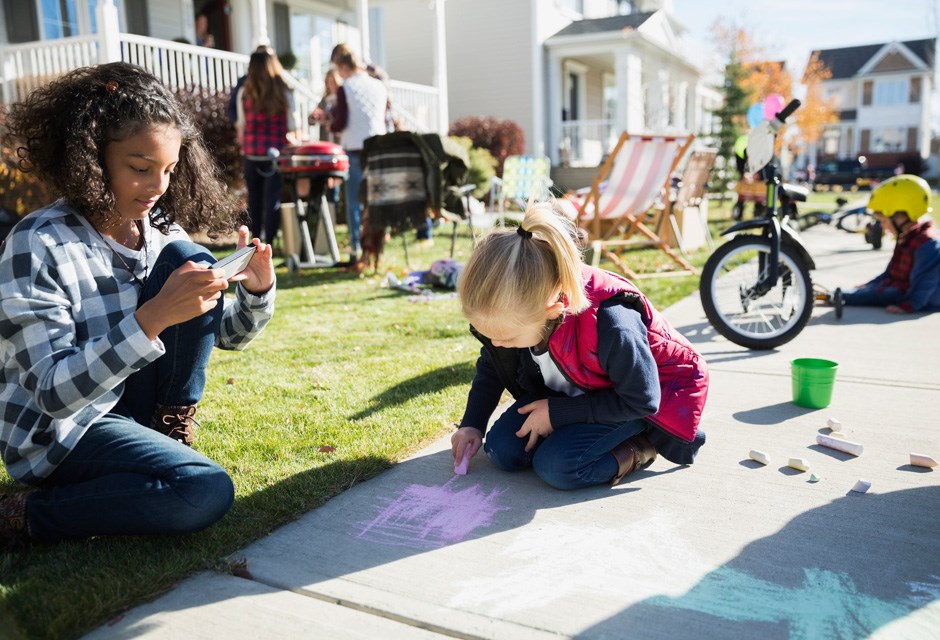
8. Explore the Neighbourhood
When you find a house that you’re interested in, explore the neighbourhood and get an idea of what it would be like to live there. Talk to people on the streets to see how welcoming and accepting they would be if you moved in.
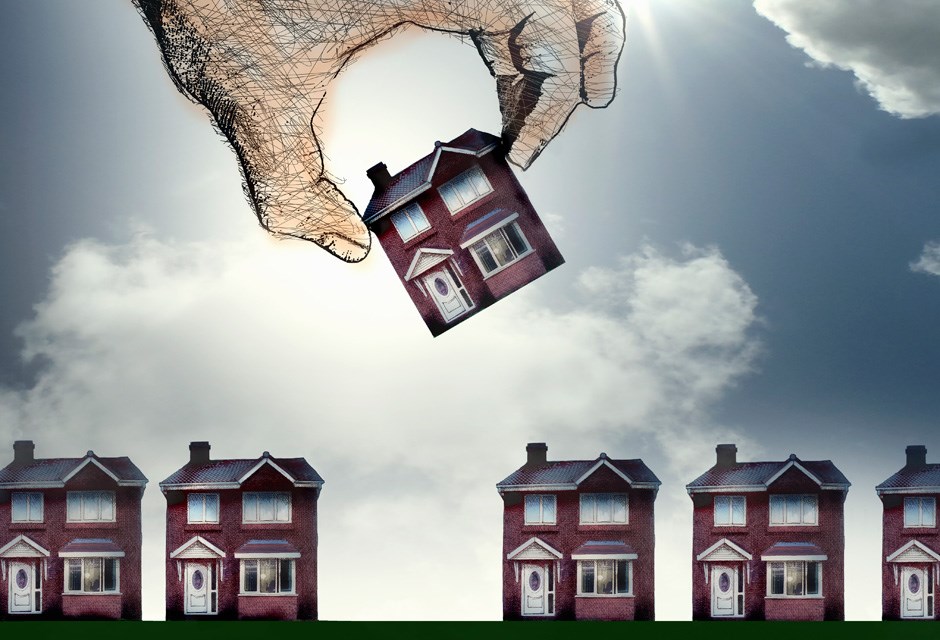
9. Use a Process of Elimination to Make Your Final Decision
Start with a list of potential properties and then narrow it down according to the factors that are most important to you.
For example, first eliminate the ones that are too expensive, then the ones that don’t quite fit your lifestyle, then the ones that are too far from good schools, until you have only a few homes left to choose from.
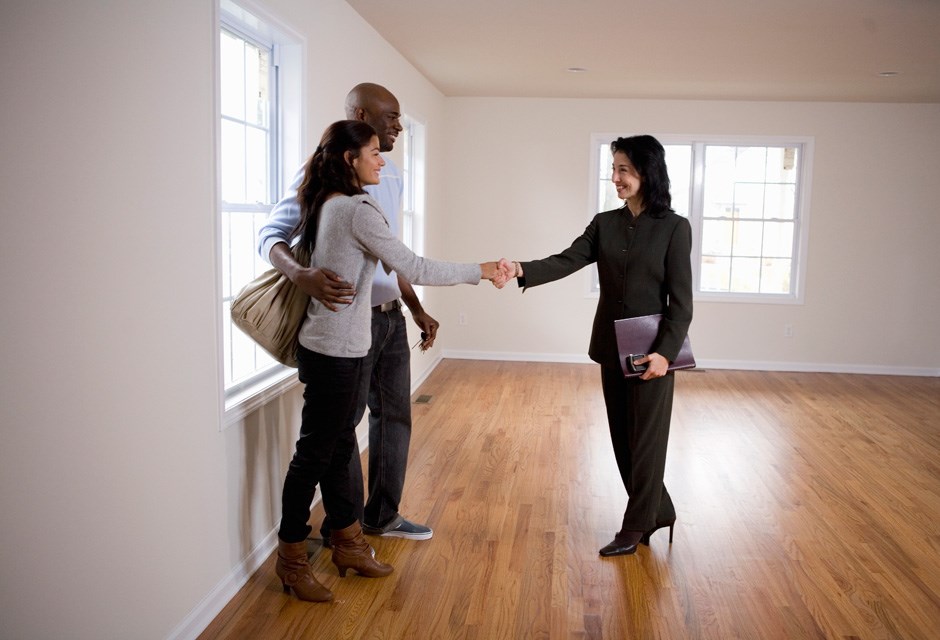
10. Communicate Clearly With Your Agent
Don’t let your real estate agent pressure you into buying a home that you’re not absolutely sure about. Be very clear about what you want and what you can afford, so you don’t end up with buyer’s remorse on top of a huge debt.

11. Let Your Agent Do the Groundwork
Your real estate agent’s commission is included in the price of the property, so get your money’s worth. Give your agent a list of what you want and let them find potential properties. Don’t be afraid to ask questions either.

12. Don’t Use the Same Agent as the Seller
Your real estate agent is supposed to negotiate on your behalf, so it’s in your best interest that he or she isn’t the seller’s agent too.
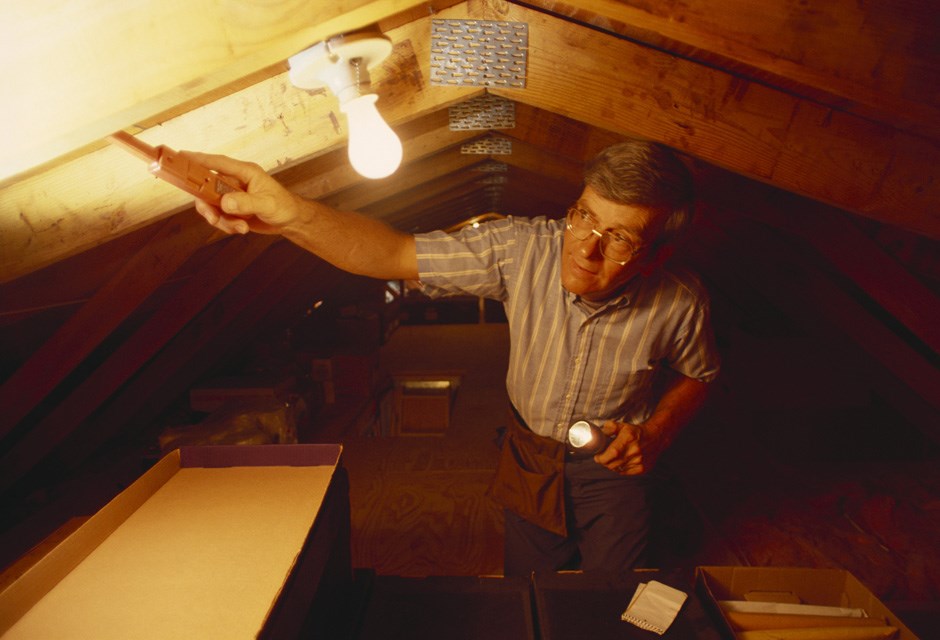
13. Don’t Skimp on the Essentials
Before you commit to a property, get a full home inspection done. Even though this can be expensive, it will save you from paying too much for a house full of flaws.
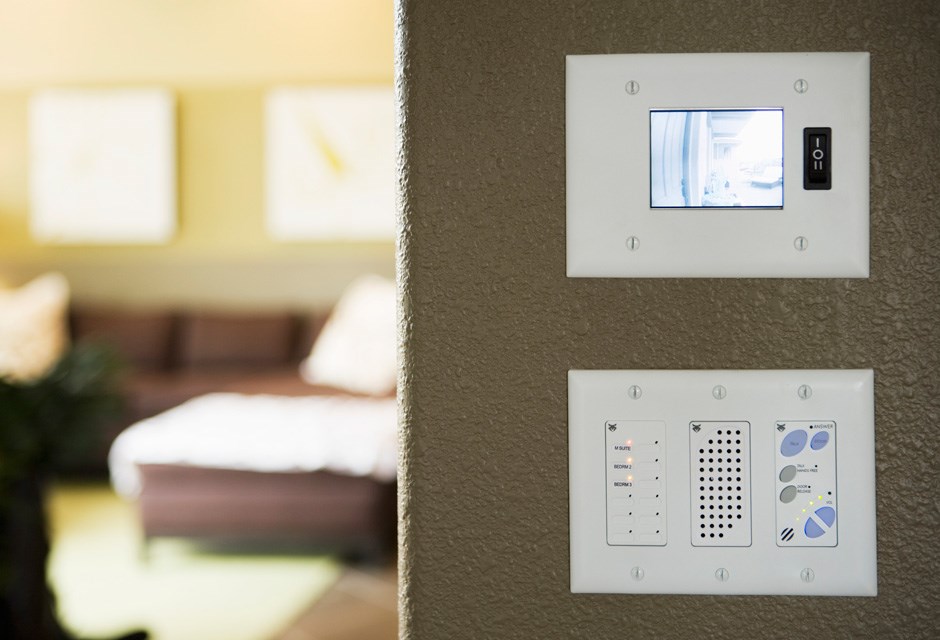
14. Protect Your Investment
You’re spending a lot of money on your house, so do everything you can to protect this investment. For example, have a good security system installed and be sure to change the locks.
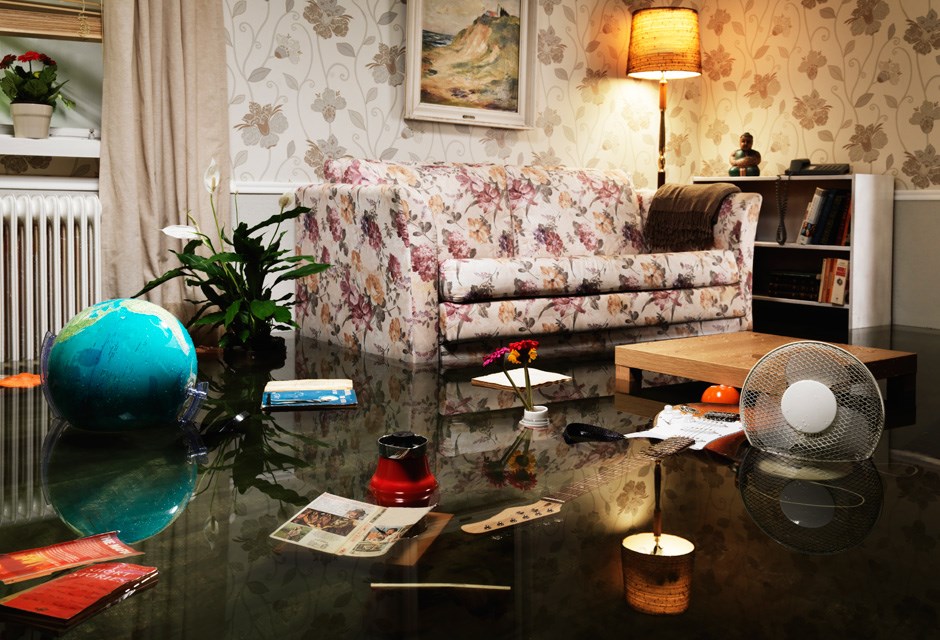
15. Know What Your Insurance Covers
Insurance is another essential in protecting your investment. Be clear about what you’re paying for and what is covered.

16. Consider the Homeowner’s Association
If the property you’re interested in comes with a homeowner’s association, find out what the association is like. Will they allow you to live the way you want to or will they make your life hell with petty regulations?

17. Consider Your Mortgage Options
Be sure to choose the mortgage option that’s right for you, considering your income and how your circumstances may change in the future. Talk to a professional about the pros and cons of each option.
The Canada Mortgage and Housing Corporation has some valuable tips that can help you decide.

18. Wait to Splash Out
It’s perfectly fine to live with the furniture you have when you buy the house. Before you splash out on new furniture, appliances and decor, first live in the house for a while and get a feel for what would work and what wouldn’t.

19. Don’t Blow All Your Savings on the Down Payment
Keep some of your savings aside for unexpected costs, like when an appliance breaks one week after you’ve moved in.
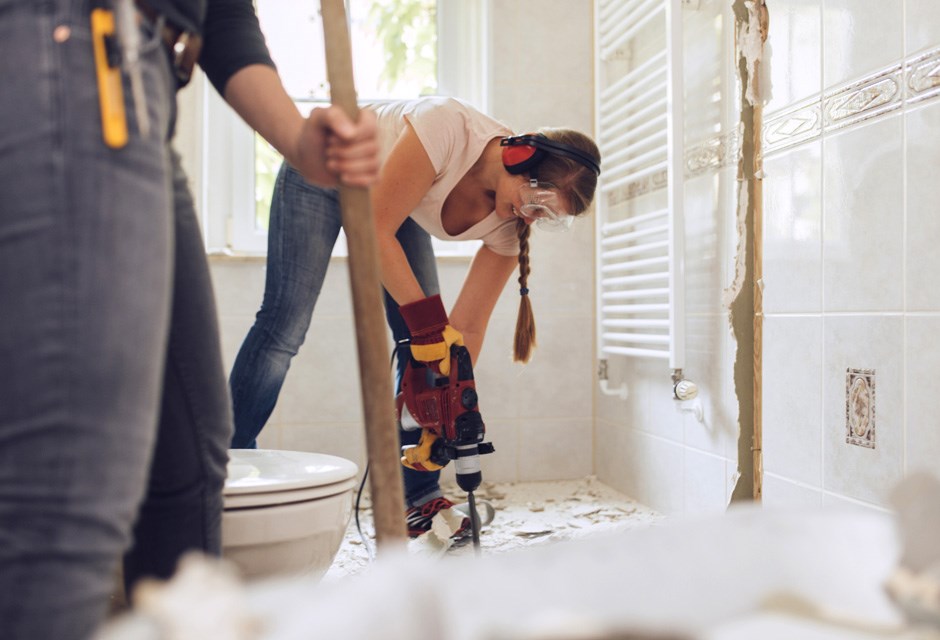
20. Don’t Repair or Renovate Unless You Have the Money
Unless you have enough money to pay for them as well as a financial buffer or emergencies, you shouldn’t start repairs or renovations. You want to be able to complete projects without having to go into additional debt.
HGTV your inbox.
By clicking "SIGN UP” you agree to receive emails from HGTV and accept Corus' Terms of Use and Corus' Privacy Policy.





